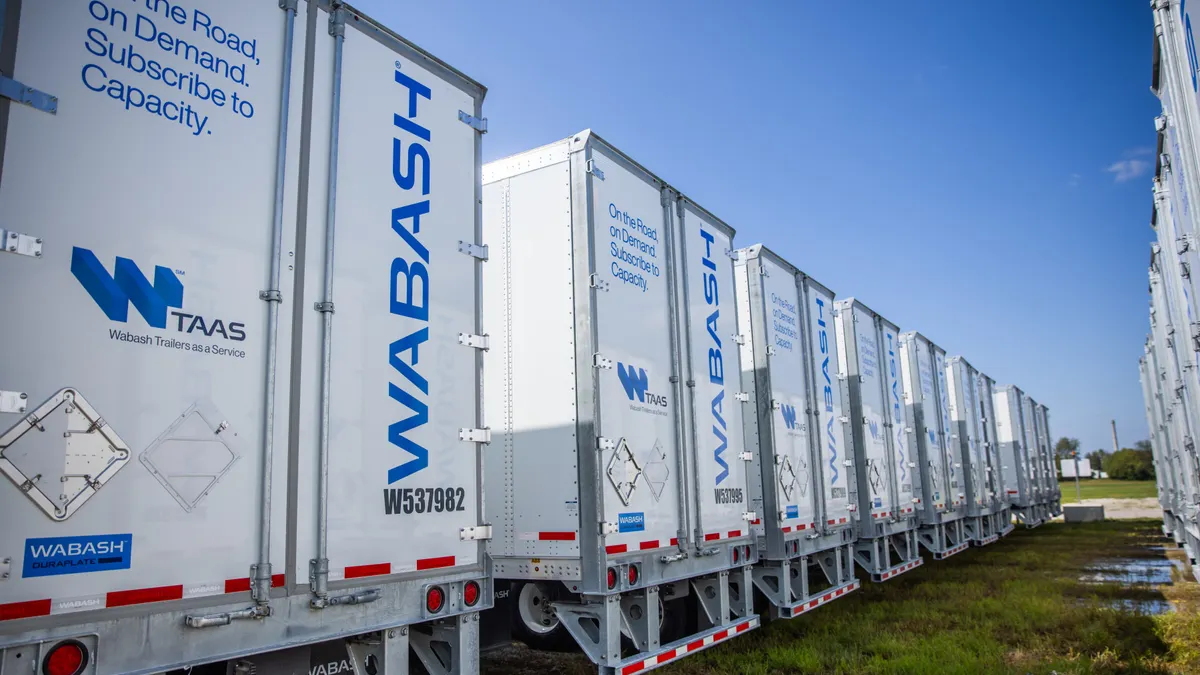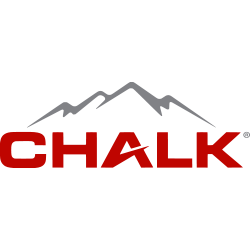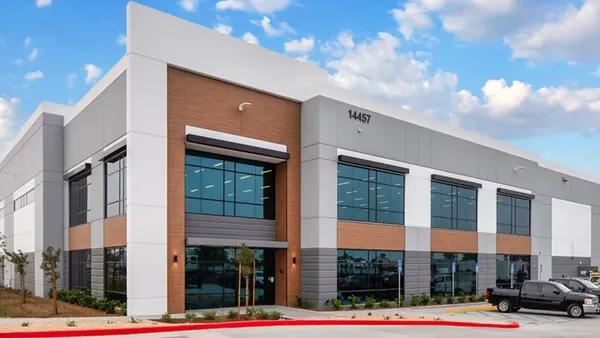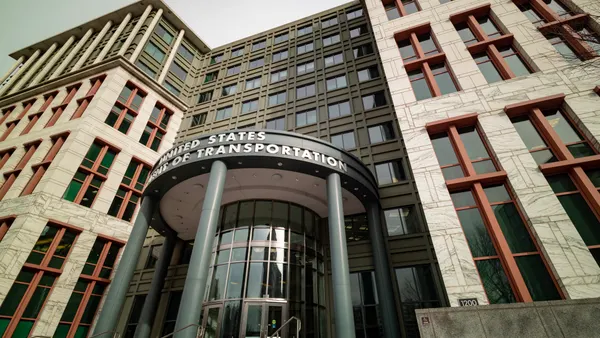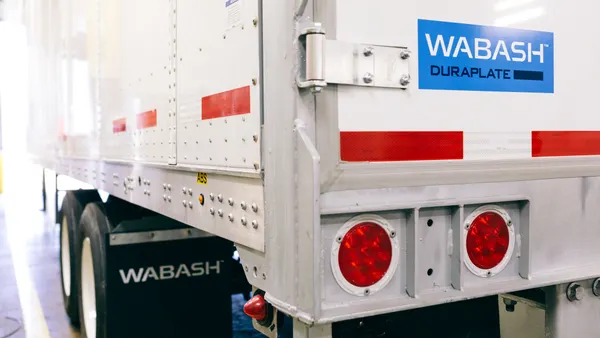Dive Brief:
- Wabash National executives cautioned that soft demand is deepening, forcing the company to lower its full-year outlook to $1.5 billion in revenue as part of its Q3 earnings report.
- CEO Brent Yeagy said Q4 will be the weakest quarter of the year, both in terms of revenue and operating margins, during the company’s Oct. 30 earnings call.
- “In the meantime, we’re focused on what we can control, maintaining cost discipline, pursuing share gains and strengthening our service and distribution capabilities so that we’re well positioned to capture growth when demand begins to recover,” he said.
Dive Insight:
Wabash’s truck body segment felt the effects of the ongoing freight recession in Q3, as large fleets scaled back orders amid a sluggish housing market and wavering consumer confidence.
The Lafayette, Indiana-based company reported Q3 revenue of $381.6 million, down nearly 18% year over year and below expectations. The manufacturer delivered about 3,000 truck bodies in Q3, and projects shipments to fall to about 2,000 in Q4, said Mike Pettit, chief growth officer.
Despite near-term headwinds, Wabash sees potential long-term benefits from Section 232-enabled tariffs, given that 95% of its supply chain is domestically sourced. Yeagy said the policy could help strengthen the company’s market position, though he doesn’t expect to feel the impact until the second half of 2026.
“That’s when it starts to become real for the industry and for our competitors,” he said during the earnings call. “And then you’ll see a period of their decisions after that on how they manage it — in terms of how they look at pricing — how much they pass along to their customers, and then we’ll respond accordingly.”
While Wabash avoided direct exposure to tariffs, it has incurred $1 million in tariff-related expenses, primarily due to vendor price increases, Pettit said.
“We would expect those sorts of increases coming from our suppliers to increase into ‘26, and we’re pricing our trailers and truck bodies accordingly with the anticipation of those second derivative tariffs coming to us [to] get baked into our finished good price as well,” Pettit continued.


